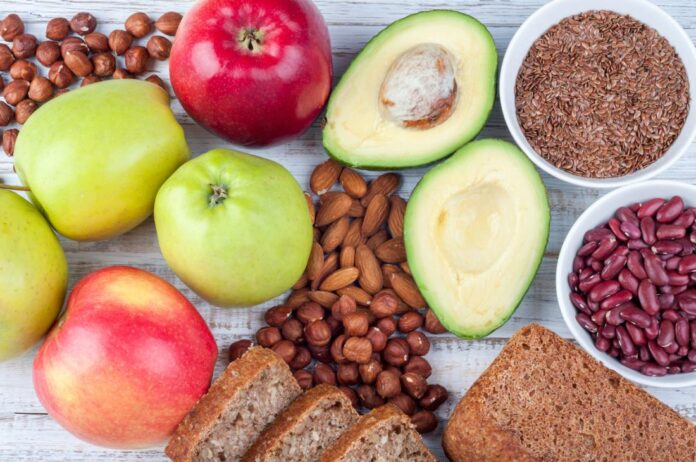Overeating often results in various stomach-related issues, such as stomach ache or acidity. To avoid such problems, it is important to understand how long different types of food take to digest. This not only helps maintain a healthy digestive system but also provides relief from stomach-related discomforts.
The digestive system works to break down food into nutrients, which the body uses for various functions. The proper functioning of the entire body depends significantly on the efficiency of the digestive system.
Certain foods, even when consumed in small quantities, can keep the stomach feeling full for a long time. This is largely due to the time it takes for these foods to digest. Do you know how long it takes for food to reach and be processed by the digestive system?
The type of food consumed is directly linked to the time it takes to digest. Simple carbohydrates are digested quickly, whereas complex carbohydrates, proteins, and fats take much longer to break down. Soluble fibres, such as those found in fruits, are digested relatively quickly.
On the other hand, meat can take up to two to three days to fully digest. High-fibre foods, including fruits, vegetables, and whole grains, may slow down the digestive process, allowing for better absorption of nutrients.
Proteins and fats in meat are complex molecules that require more time to break down. Fruits and vegetables, however, can be digested in less than a day. High-fibre foods support efficient digestive functioning, while sweet junk foods like candy bars and chocolate are digested the quickest, often within just a few hours, leaving you feeling hungry again.
Water, in contrast, requires no digestion and is absorbed immediately. This is why drinking plenty of water is highly recommended for overall health, as it plays a vital role in maintaining bodily functions.


